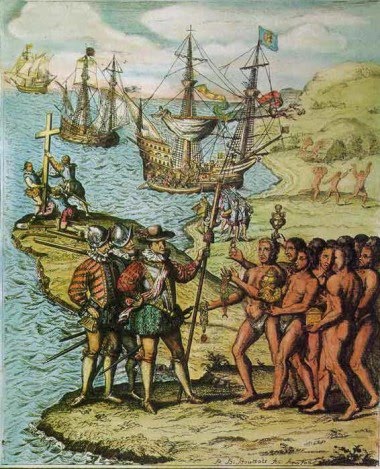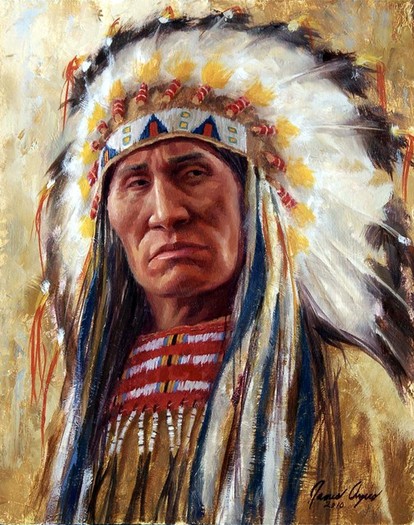 Q: I just moved to Vermont and had no idea that they don’t celebrate Christopher Columbus. I consider myself to be well informed and can’t fathom that Vermont is one of many states that do not celebrate Columbus’s arrival. Yes, we get the day off with pay, but how did I miss this one?
Q: I just moved to Vermont and had no idea that they don’t celebrate Christopher Columbus. I consider myself to be well informed and can’t fathom that Vermont is one of many states that do not celebrate Columbus’s arrival. Yes, we get the day off with pay, but how did I miss this one?
A: Your question prompted me to investigate and I noticed that many cities from Minneapolis to Seattle and states from Alabama to South Dakota are choosing to celebrate native people, not Columbus. Why? When Columbus arrived, the culture and lives of the indigenous people in the Americas were assaulted by disease, slavery and cruelty. The people of South America celebrate Día De La Raza – day of the races – not Columbus day.
A good question to ask is, Are we trying to change history, or are we taking a broader view of actual events? Well, it depends on the perspective we take and the voices we follow. One answer can be found in the phenomenal success of Hamilton on Broadway. The performance ends with the lyrics: “Who lives, who dies, who tells your story?”
Native Americans are putting themselves “back into the narrative.” In 2014, CBS asked “Is it time to say goodbye to Columbus Day?” and brought to our attention that Columbus wasn’t a good guy. We now know that he committed atrocities such as chopping off the hands of Native Americans to control and punish them. Even before this came to light, there has always been controversy around Columbus, given the disruptive effect of his arrival. In 1977, noting the irreversible effect of Columbus’s arrival, the United Nations took up the cause of modifying his place in history:
Indigenous Peoples Day began in 1977 at the United Nations-sponsored International Conference on Discrimination Against Indigenous Populations in the America.
So, I join you in wondering why I didn’t know about this movement which has been underway since the nineteenth century. Here are a few questions to consider:
- Is history static and fixed?
- Does it make a difference who writes and tells the history?
- Do I change my viewpoint as I become more informed and knowledgeable?
- Am I able to appreciate different perspectives?
- What are the changes in “history” that have occurred in my lifetime? Perception of LGBTQ? Single parents?
- What change(s) seem to be “too much” or “unwarranted”? For example, what about removing historical monuments?
- What “voices” and “faces” seem to be missing from the history books? Note—Consider the mathematical geniuses in the movie “Hidden Figures.”
Here is an important view to take into consideration:
As for the reasons behind the push for change, here’s what Lakota activist Bill Means told Minnesota Public Radio back in 2014, when Minneapolis adopted Indigenous Peoples Day:
“We discovered Columbus, lost on our shores, sick, destitute, and wrapped in rags.  We nourished him to health, and the rest is history,” Means told MPR. “He represents the mascot of American colonialism in the Western Hemisphere. And so, it is time that we change a myth of history.”
We nourished him to health, and the rest is history,” Means told MPR. “He represents the mascot of American colonialism in the Western Hemisphere. And so, it is time that we change a myth of history.”
Finally, you don’t have to decide whether you agree or disagree with the movement underway. I, like you, will strive to stay informed and be open and continue to ask: Who lives, who dies, who writes the story.